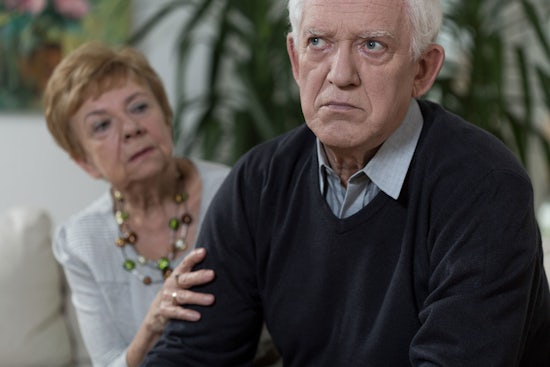New specialist dementia care units close gap in dementia care
The Federal Government plans to fulfill its election promise with the establishment of Specialist Dementia Care Units in each of the 31 Primary Health Network regions over four years.

The specialist dementia care units can provide additional specialist residential support for people with changing behaviours and psychological needs (Source: Shutterstock)
The announcement was made this week in the The Mid-Year Economic and Fiscal Outlook (MYEFO 2016-2017).
Specialist Dementia Care Units can provide one-on-one care for people with severe behavioural and psychological symptoms of dementia and are unable to be supported in a mainstream aged care service.
Alzheimer’s Australia welcomes the Government’s acknowledgement that people living with dementia require specialised care and support.
“We look forward to improved quality of life for people living with dementia who will now have access to this important new initiative,” says Alzheimer’s Australia National chief executive officer, Maree McCabe.
She says these units will not only ensure people living with dementia are offered meaningful and appropriate dementia care, it will also go a long way to help alleviate pressure on the already stretched aged care services.
“The delivery of these facilities will begin to support the specialised level of care some people living with dementia require, however, given the complex nature of the condition we need to ensure that multiple strategies for supporting severe behavioural and psychological symptoms of dementia are included and implemented,” Ms McCabe continues.
Location of the units will be based on demographic need and some regions may require access to more than one unit. A key priority is to ensure people living with dementia in rural and remote locations will have access to a unit.
“We understand 372 places in specialist dementia care units will be made available over the next four years and this really is very important because they have been the missing link in dementia care in Australia,” says HammondCare Chief Executive Dr Stephen Judd.
HammondCare runs the new national Dementia Behaviour Management Advisory Service (DBMAS) provided by Dementia Support Australia (DSA), providing individualised support for carers of people living with dementia and challenging behaviours and changing psychological needs.
“The commitment to establish specialist dementia care units is a great step in the right direction for people living with dementia and will mean better targeted care,” Dr Judd says.
“While the Severe Behaviour Response Teams (SBRTs) and the Dementia Behaviour Management Advisory Service (DBMAS) provide on-the-ground, expert clinical support and case management, special care units are needed to provide additional specialist residential support.”











![The new Aged Care Act exposure draft is slated for release in December of 2023, but advocates hope to see it rolled out on January 1, 2024. [Source: Shutterstock]](https://agedcareguide-assets.imgix.net/news/articles/wp/agedcareact__0811.jpg?fm=pjpg&w=520&format=auto&q=65)












Comments